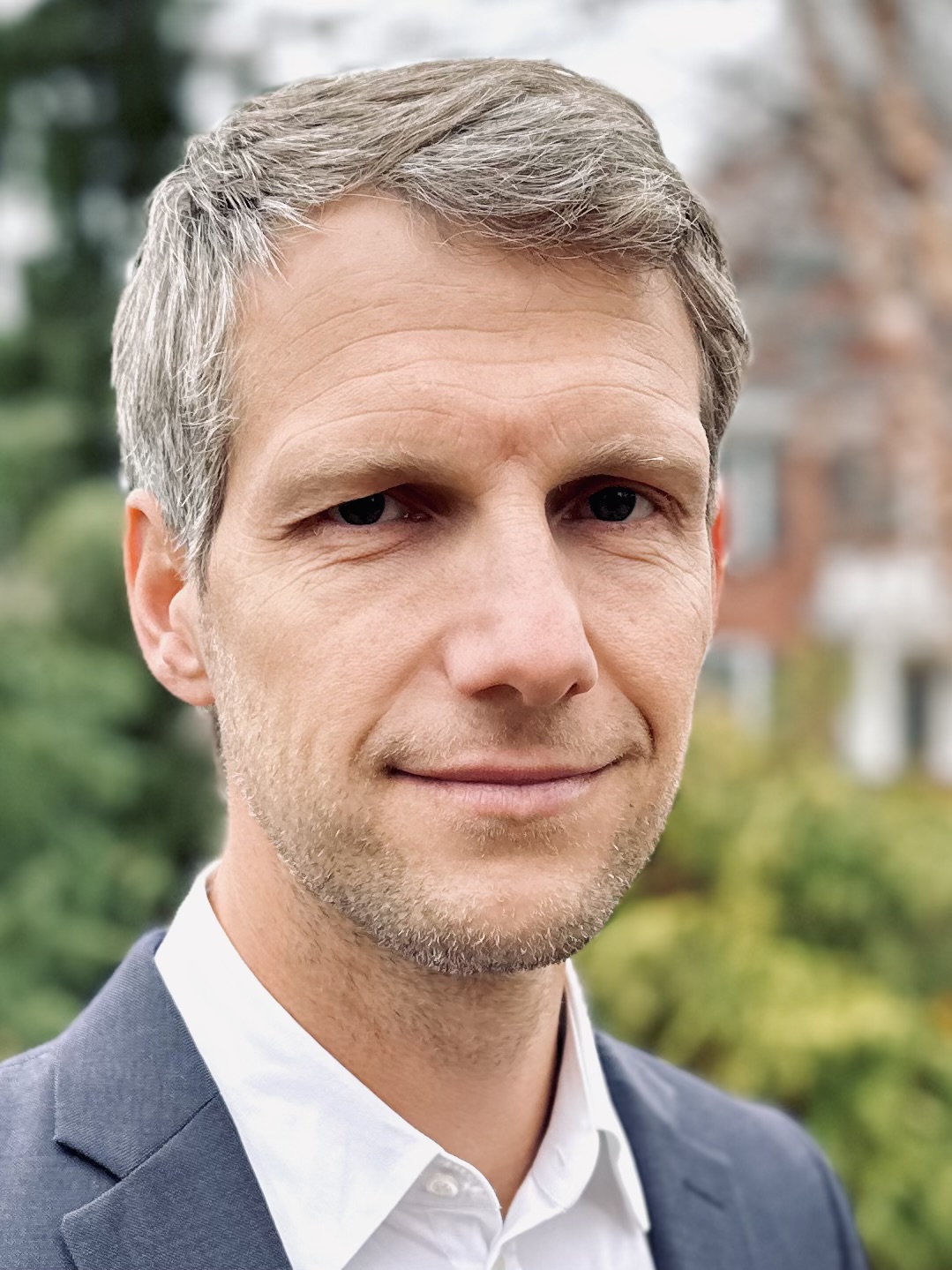Benjamin Enke
Paul Sack Associate Professor, Department of Economics, Harvard University
Faculty Research Fellow, NBER

Email: enke@fas.harvard.edu
Bio
My research is in behavioral and experimental economics, cultural economics and political economy.
Working Papers
A Note on 'When Are Decisions Improvable? An Evaluation of Diagnostic Methods'
(with Thomas Graeber)
[PDF]
Herding, Warfare and a Culture of Honor: Global Evidence
(with Yiming Cao, Armin Falk, Paola Giuliano and Nathan Nunn)
Revise and resubmit, American Economic Review . [PDF]
Quantifying Lottery Choice Complexity
(with Cassidy Shubatt)
Revise and resubmit, Econometrica . [PDF] [Code]
Behavioral Attenuation
(with Thomas Graeber, Ryan Oprea and Jeffrey Yang)
Revise and resubmit, Journal of Political Economy . [PDF]
Reviews and Perspectives
Moral Boundaries
Annual Review of Economics , 2024, vol. 16 (1), pp. 133-157. [PDF]
'Morality and Political Economy' from the Vantage Point of Economics
PNAS Nexus , 2024, vol. 3 (10). [PDF]
Handbook of Culture and Economic Behavior
(Co-edited with Paola Giuliano, Nathan Nunn and Leonard Wantchekon)
To appear in Elsevier Handbooks in Economics . [Table of Contents]
Publications and Accepted Papers
Capturing the Complexity of Human Strategic Decision-Making with Machine Learning
(with Jian-Qiao Zhu, Joshua Peterson and Thomas Griffiths)
Forthcoming, Nature Human Behaviour . [PDF]
Complexity and Time
(with Thomas Graeber and Ryan Oprea)
Journal of the European Economic Association , 2025, vol. 23 (5), pp. 1838–1867. [PDF]
Values as Luxury Goods and Political Behavior
(with Mattias Polborn and Alex Wu)
Journal of the European Economic Association , 2025, vol. 23 (5), pp. 1635–1668. [PDF]
Universalism: Global Evidence
(with Alexander Cappelen and Bertil Tungodden)
American Economic Review , 2025, vol. 115 (1), pp. 43-76. [PDF]
Trust in Scientists and Their Role in Society Across 68 Countries
(with a many-labs team led by Viktoria Cologna and Niels Mede)
Nature Human Behaviour , 2025, vol. 9 (1), pp. 713-720. [PDF]
Universalism and Political Representation: Evidence from the Field
(with Raymond Fisman, Luis Mota Freitas and Steven Sun)
American Economic Review: Insights , 2024, vol. 6 (2), pp. 214-229. [PDF]
Associative Memory, Beliefs and Market Interactions
(with Frederik Schwerter and Florian Zimmermann)
Journal of Financial Economics , 2024, vol. (157), 103853. [PDF]
Cognitive Uncertainty
(with Thomas Graeber)
Quarterly Journal of Economics , 2023, vol. 138 (4), pp. 2021-2067 (Lead Article). [PDF] [VOX] [UNDP column]
Moral Universalism and the Structure of Ideology
(with Ricardo Rodriguez-Padilla and Florian Zimmermann)
Review of Economic Studies , 2023, vol. 90 (4), pp. 1934-1962. [PDF] [econimate video]
Cognitive Biases: Mistakes or Missing Stakes?
(with Uri Gneezy, Brian Hall, David Martin, Vadim Nelidov, Theo Offerman, and Jeroen van de Ven)
Review of Economics and Statistics , 2023, vol. 105 (4), pp. 818-832. [PDF]
Confidence, Self-Selection and Bias in the Aggregate
(with Thomas Graeber and Ryan Oprea)
American Economic Review , 2023, vol. 113 (7), pp. 1933-1966. [PDF]
Market Exposure and Human Morality
Nature Human Behaviour , 2023, vol. 7 (1), pp. 134-141. [PDF]
Patience and Comparative Development
(with Uwe Sunde, Thomas Dohmen, Armin Falk, David Huffman, and Gerrit Meyerheim)
Review of Economic Studies , 2022, vol. 89(10), pp. 2806–2840. [PDF]
Moral Universalism: Measurement and Economic Relevance
(with Ricardo Rodriguez-Padilla and Florian Zimmermann)
Management Science , 2022, vol. 68(5), pp. 3590-3603. [PDF] [Qualtrics files]
Confidence and Central Tendency in Perceptual Judgment
(with Yang Xiang, Thomas Graeber, and Samuel Gershman)
Attention, Perception & Psychophysics , 2021, 83, pp. 3024-3034. [PDF]
Moral Values and Voting
Journal of Political Economy , 2020, vol. 128(10), pp. 3679-3729 (Lead Article). [PDF] [microeconomic insights]
What You See Is All There Is
Quarterly Journal of Economics , 2020, vol. 135(3), pp. 1363-1398. [PDF] [Version 09/2017]
Ancient Origins of the Global Variation in Economic Preferences
(with Anke Becker and Armin Falk)
AEA Papers & Proceedings , 2020, vol. 110, pp. 319-323. [PDF]
Kinship, Cooperation, and the Evolution of Moral Systems
Quarterly Journal of Economics , 2019, vol. 134(2), pp. 953-1019. [PDF] [VOX] [CESifo Award]
Correlation Neglect in Belief Formation
(with Florian Zimmermann)
Review of Economic Studies , 2019, vol. 86(1), pp. 313-332. [PDF]
Global Evidence on Economic Preferences
(with Armin Falk, Anke Becker, Thomas Dohmen, David Huffman, and Uwe Sunde)
Quarterly Journal of Economics , 2018, vol. 133(4), pp. 1645-1692 (Lead Article). [PDF] [GPS website]
The Precision of Subjective Data and the Explanatory Power of Economic Models
(with Tilman Drerup and Hans-Martin von Gaudecker)
Journal of Econometrics , 2017, vol. 200(2), pp. 378-389. [PDF]